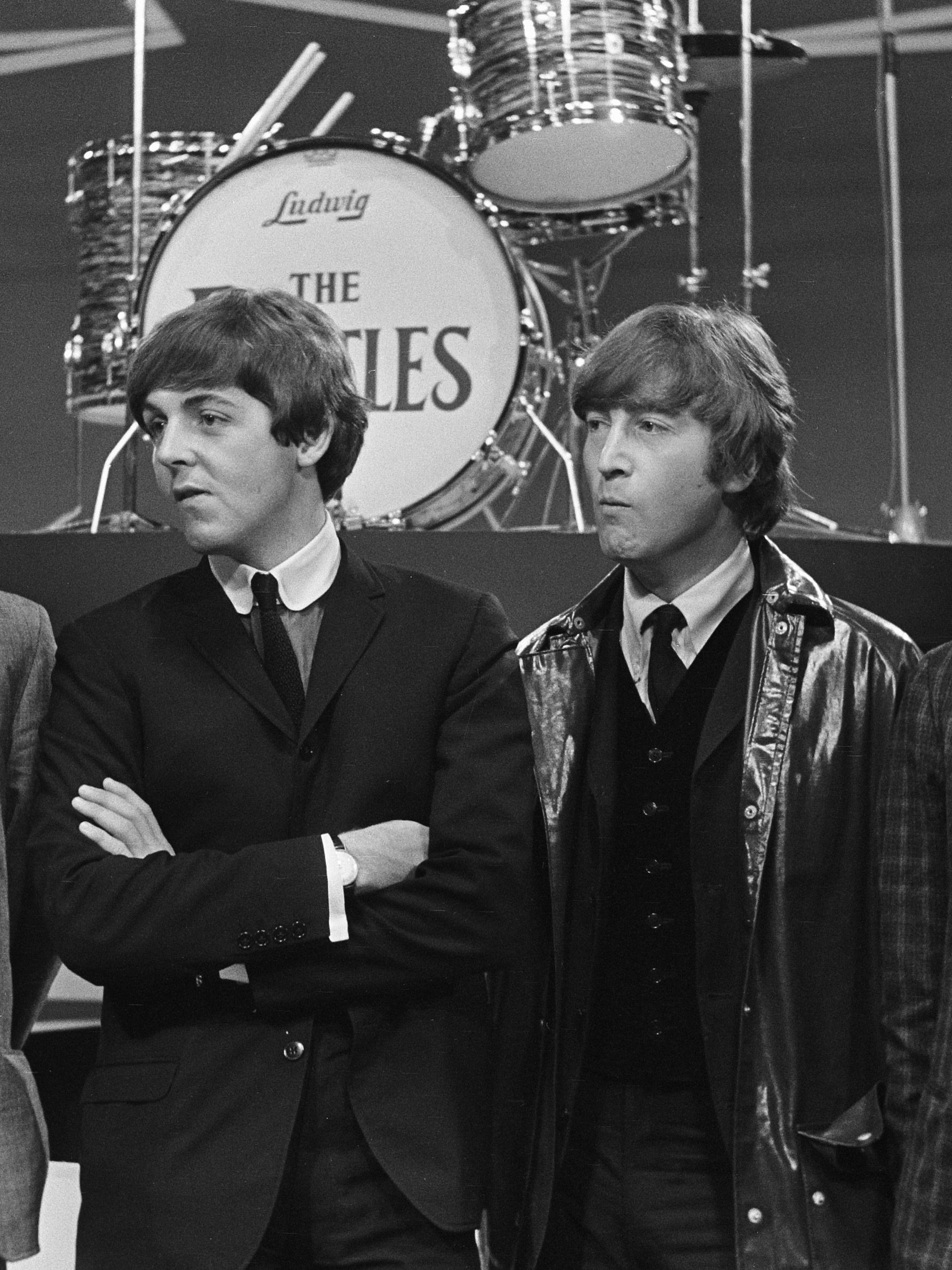Courtesy of Mary McCartney. Paul McCartney will employ AI on new song.
By Lydia Eno ’26
A&E Editor and Photos Editor
81-year-old former Beatles singer and bass player Paul McCartney recently announced plans for a “final” Beatles song created with the help of artificial intelligence. The song is scheduled for release later this year, according to The New York Times.
While the details of the AI methods used to make the song have not been fully disclosed, it is clear that technology played a crucial role in bringing the song to life. In an interview with BBC Radio 4, McCartney explained that AI was used to “extricate” the voice of John Lennon, the Beatles lead singer, who died in 1980.
“We were able to take John’s voice and get it pure through this AI, then we could mix the record, as you would normally do,” McCartney said to BBC 4.
Courtesy of Eric Koch via Wikimedia Commons. Photo of Paul McCartney ( left) and John Lennon (right). Concerns have been raised across the music industry regarding the ethics of employing AI to represent vocal sounds replicating deceased musicians.
He later explained in a Tweet that “nothing has been artificially or synthetically created. It’s all real and we all play on it. We cleaned up some existing recordings.” Beatles fans have long awaited a new song from the iconic band, and the announcement of its final release generated worldwide excitement.
McCartney says he felt inspired to work with AI technology after seeing Peter Jackson’s work on archival materials for “Get Back,” the documentary that detailed the making of the “Let It Be” album, according to NPR.
“[Peter] was able to extricate John’s voice from a ropey little bit of cassette which had John’s voice and a piano,” McCartney said. “He could separate them with AI. They could, they’d tell the machine, ‘That’s a voice. This is a guitar. Lose the guitar.’ And he did that.”
The use of AI technology in music production has sparked concerns over replacing human creativity within the industry. Some have raised questions about its impact on the creative process and the role of human musicians.
Justice Baiden, co-founder of music label LVRN, voiced his concerns about AI use in the music interview during an interview with Complex.
“I’m even seeing things where people are getting AI to write them songs, but there’s still a percentage of human touch that’s needed. And that usually shows through an error,” Baiden said. “Computers try to be as accurate as possible. But as humans, we still have a percentage of error. And that’s a certain feeling we’ll lose if we lean too far. I feel like we’ll lose things that keep creativity sacred if we use AI as a crutch.”
In the case of the Beatles’ final song, the issue lies within the idea of "resurrecting" the voice of a deceased musician using AI technology. This concept is a controversial one, as it raises important ethical questions about the authenticity and ownership of an artist's voice.
“[The AI] doesn’t have the same lived experiences as a human,” Nick Bryan-Kinns, professor of interaction design at Queen Mary University of London, explains. “It hasn’t fallen in love or watched a sunset. It hasn’t gotten drunk and had a hangover. So it’s probably going to be a little bit boring.”
AI also raises the question of how much control the artist or their estate would have over the use of their voice in this way and whether they would have the right to veto certain uses or projects. Musicians, artists and actors alike have begun including clauses in their wills to prevent their likenesses from being posthumously exploited. Robin Williams, who died in 2014, included a clause that restricts his likeness from being used until 25 years after his death, as well as blocking people from digitally including him in a film, according to an article from CBS.
The release of the Beatles' final song has sparked speculation among fans about its impact on the band's legacy and the music industry as a whole. Some fans, like user @SmoothCat, expressed concern about the use of the technology in the song on X, formerly known as Twitter: “Why is Paul McCartney turning John Lennon into an AI model for an ‘unreleased’ song based on demo tapes?? Are you OK with this? Did you reach out??” he asked Lennon's son Sean.
Lifelong Beatles fan Melanie Cosdon ’26 explained, “The use of AI to clean and analyze audio tracks rather than ‘create’ new music seems like a practical use of the technology’s capabilities. While I don’t mind the use of AI technology, I’m a little skeptical of [Ringo] Starr and McCartney releasing new music as The Beatles.”
Regardless of its impact, the song is a testament to the band's enduring popularity. With the continued advancement of AI technology, one can expect many more exciting developments in music production.


